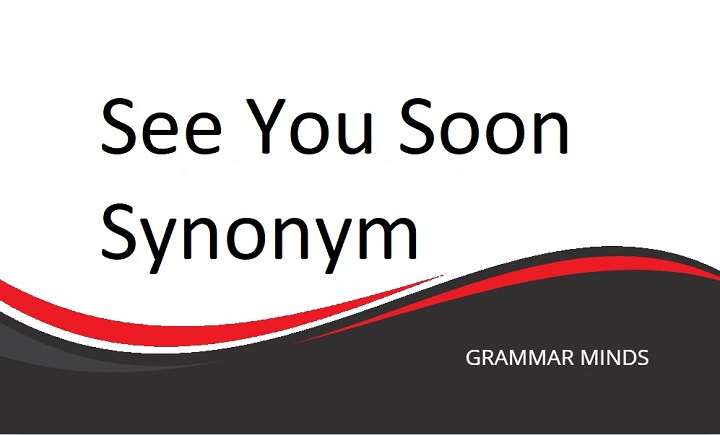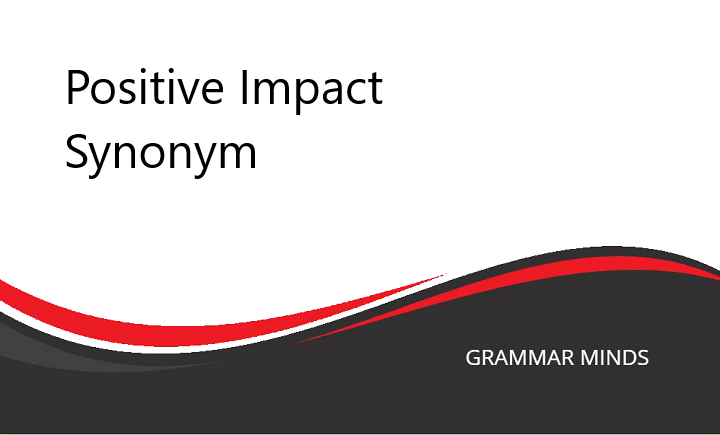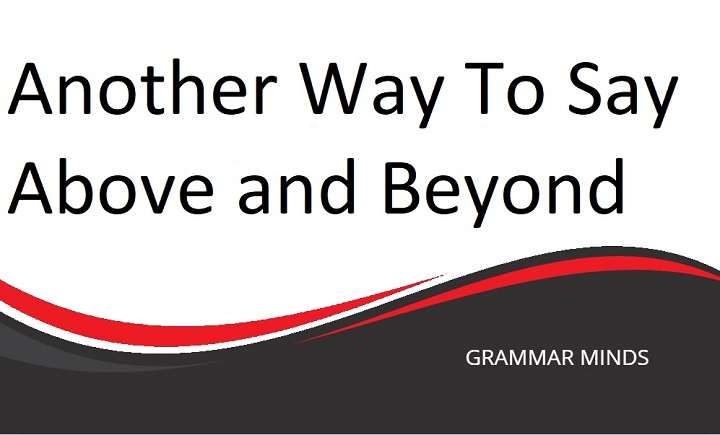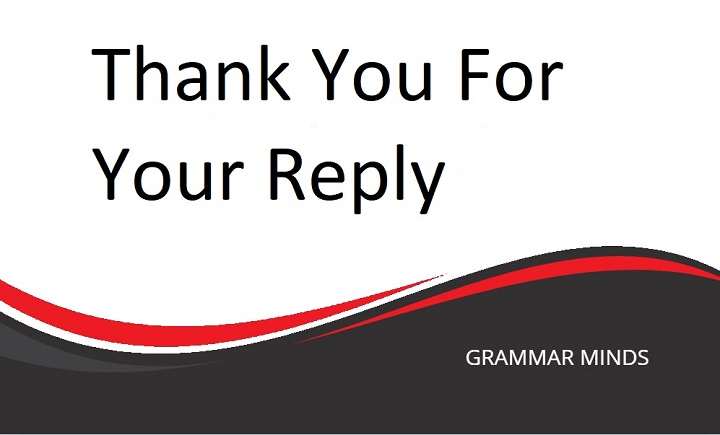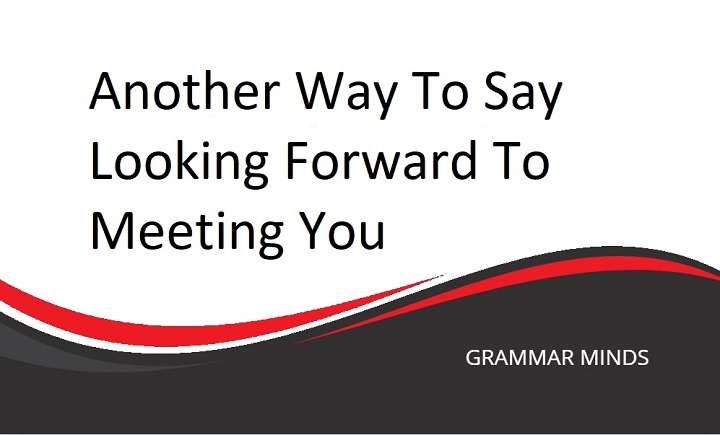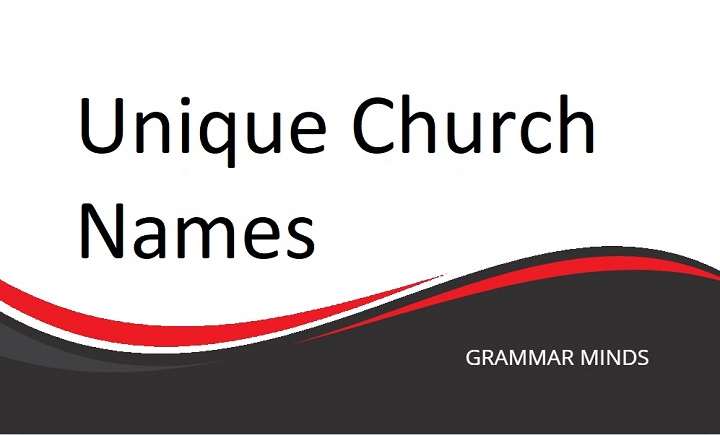In our daily conversations, certain phrases tend to become repetitive, and one of these common expressions is “See you soon.” Whether you’re writing an email to a colleague, chatting with a friend, or leaving a quick goodbye at the end of a meeting, “See you soon” often comes to mind. But do you ever find yourself wondering if there’s a better or more varied way to say it?
Do you find yourself using the phrase “see you soon” repeatedly?
Have you grown tired of this repetitive expression when communicating in your professional or personal life?
Don’t worry! We’ve compiled a handy list of alternative phrases that you can use to mix things up and sound more varied in your conversations.
Other Ways to Say “See You Soon”
Catch You Later
“Catch you later” is a casual and friendly way of saying “see you soon.” It works well in informal settings, especially when talking to friends or colleagues. It carries the same meaning but with a more relaxed tone.
Talk to You Soon
This is a slight variation of “see you soon” and can be used in both formal and informal situations. It’s particularly useful in phone or email conversations when you know you’ll be in touch again soon.
Until Next Time
“Until next time” feels a bit more polished and sophisticated. It’s a great alternative for formal conversations and can be used in both professional settings and personal interactions.
Looking Forward to Seeing You
This phrase adds a bit of enthusiasm and anticipation. It’s perfect for formal conversations where you want to express a positive outlook on meeting someone again, such as in business communications.
Take Care
“Take care” is often used as a closing phrase, and while it’s not an exact synonym for “see you soon,” it still conveys a warm farewell. It’s a great phrase to use when you want to express concern or care for someone.
Catch Up Soon
If you’re looking for something informal but slightly different, “catch up soon” can be a refreshing change. It’s ideal for conversations with friends or colleagues, where you want to show that you’re eager to reconnect.
Until We Meet Again
This is a slightly more formal phrase that gives off a poetic or classic vibe. It’s a nice alternative for formal emails or goodbyes in professional settings where you want to leave a lasting impression.
See You Around
“See you around” is another casual and laid-back alternative to “see you soon.” It’s often used in informal settings where you expect to see the person regularly, such as a coworker or neighbor.
Speak to You Later
This phrase works well for conversations that continue over time, especially if you’re on a call or sending an email. It’s versatile enough to be used in both formal and informal situations.
See You Shortly
“See you shortly” is a perfect phrase for situations where you know you will meet the person very soon. It works well in casual or semi-formal conversations and implies a near future meeting.
Key Notes
“See you soon” is grammatically correct and suitable for both formal and informal situations. However, it can sometimes feel a bit basic or overused. If you’re looking to switch things up, these alternative phrases offer various tones and levels of formality that fit different contexts.
For example:
- “Catch You Later” is a great informal alternative for casual settings.
- “Looking Forward to Seeing You” is more formal and adds a touch of anticipation, making it perfect for professional settings.
Let’s explore these alternatives in more depth and see how they work in real-life situations.
Catch You Later
Usage:
If you’re looking for a more casual way to say “see you soon,” try using “Catch you later.” This alternative is ideal for informal situations, such as conversations with friends, family, or coworkers in relaxed settings. It brings a playful, easygoing tone to your farewell.
Example (in conversation):
Hey [Friend’s Name],
Thanks for hanging out today. Catch you later, and let’s meet up again soon!
Talk to You Soon
Usage:
This phrase works great when you’re signing off from a call, meeting, or email. “Talk to you soon” can be used in both formal and informal contexts. It’s ideal for situations where you’re sure to have more conversation soon, whether professionally or personally.
Example (in an email):
Dear [Recipient’s Name],
Thank you for your inquiry. I appreciate the opportunity to discuss the details with you. Talk to you soon.
Best regards,
[Your Name]
Until Next Time
Usage:
If you want to leave a lasting, polished impression, “Until next time” is a great choice. It’s perfect for both professional emails and personal farewells. The phrase implies that you are looking forward to your next interaction.
Example (in a meeting):
It’s been great collaborating with you on this project. Until next time, let’s keep the momentum going.
Looking Forward to Seeing You
Usage:
This phrase works best in formal or semi-formal situations, particularly when you want to express anticipation or excitement about seeing the other person. It’s excellent for professional emails or conversations where a more formal tone is needed.
Example (in a business setting):
Dear [Client’s Name],
I appreciate your valuable input during our last meeting. I’m looking forward to seeing you next week to continue our discussion.
Best regards,
[Your Name]
Take Care
Usage:
While “Take care” isn’t an exact synonym for “see you soon,” it’s often used as a warm, friendly goodbye. It shows concern and adds a personal touch. It can be used in both formal and informal conversations.
Example (in a farewell):
Thanks for everything today, [Friend’s Name]. Take care, and I’ll see you next week.
Catch Up Soon
Usage:
“Catch up soon” is a fun and informal way of saying “see you soon.” It’s perfect for casual conversations with friends, family, or colleagues you’re familiar with. It implies that you’re eager to reconnect.
Example (in a text message):
Hey [Friend’s Name],
It’s been too long! Let’s catch up soon and grab some coffee.
Until We Meet Again
Usage:
This phrase has a slightly more formal, classic feel. It’s often used when you’re not sure when you’ll see the other person again, but you want to leave on a positive note. It works well in professional or formal settings.
Example (in a farewell speech):
It’s been an honor working with you all. Until we meet again, I wish you all the best in your future endeavors.
See You Around
Usage:
“See you around” is another casual alternative to “see you soon,” typically used when you expect to see the person again in passing. It’s informal and works well for conversations with colleagues, neighbors, or friends.
Example (in conversation):
Take care, [Coworker’s Name]. See you around the office!
Speak to You Later
Usage:
This phrase is versatile and works well in both professional and personal settings. It’s particularly useful in ongoing conversations, whether in emails or casual chats.
Example (in a text message):
Hey [Friend’s Name], thanks for the chat! Speak to you later!
See You Shortly
Usage:
“See you shortly” is a good option when you expect to see the person in the very near future. It works well in casual and semi-formal conversations.
Example (in a message):
I’m almost there—see you shortly!
Is It Correct to Say “See You Soon”?
Yes! “See you soon” is grammatically correct and suitable for both formal and informal settings. It’s a versatile phrase that can be used in professional emails, conversations with colleagues, or casual chats with friends. However, using synonyms like the ones we’ve listed above will help you mix up your language and sound more varied in your communication.
You can also try slight variations of this phrase, like the following:
- “See you in a bit”
- “Looking forward to seeing you”
- “Can’t wait to see you soon”
Also Read
10 Alternative Ways to Say “Thank You for Your Patience and Understanding”
In conclusion, “see you soon” is a perfectly acceptable and grammatically correct phrase, whether you’re using it in a formal or informal setting. However, the alternative phrases provided in this article will help you diversify your vocabulary and communicate more effectively in different contexts. So, whether you’re writing an email or chatting with a friend, remember that there are plenty of ways to say goodbye in style!

